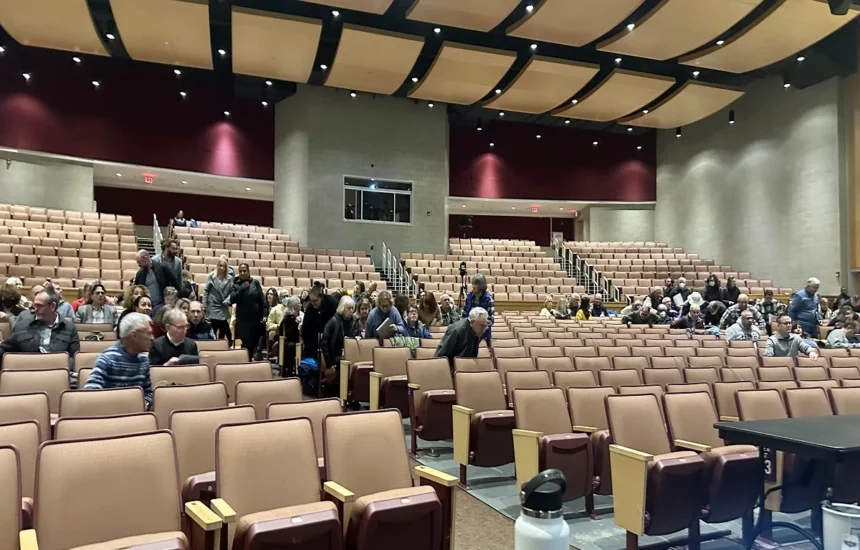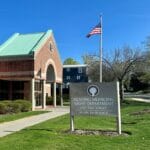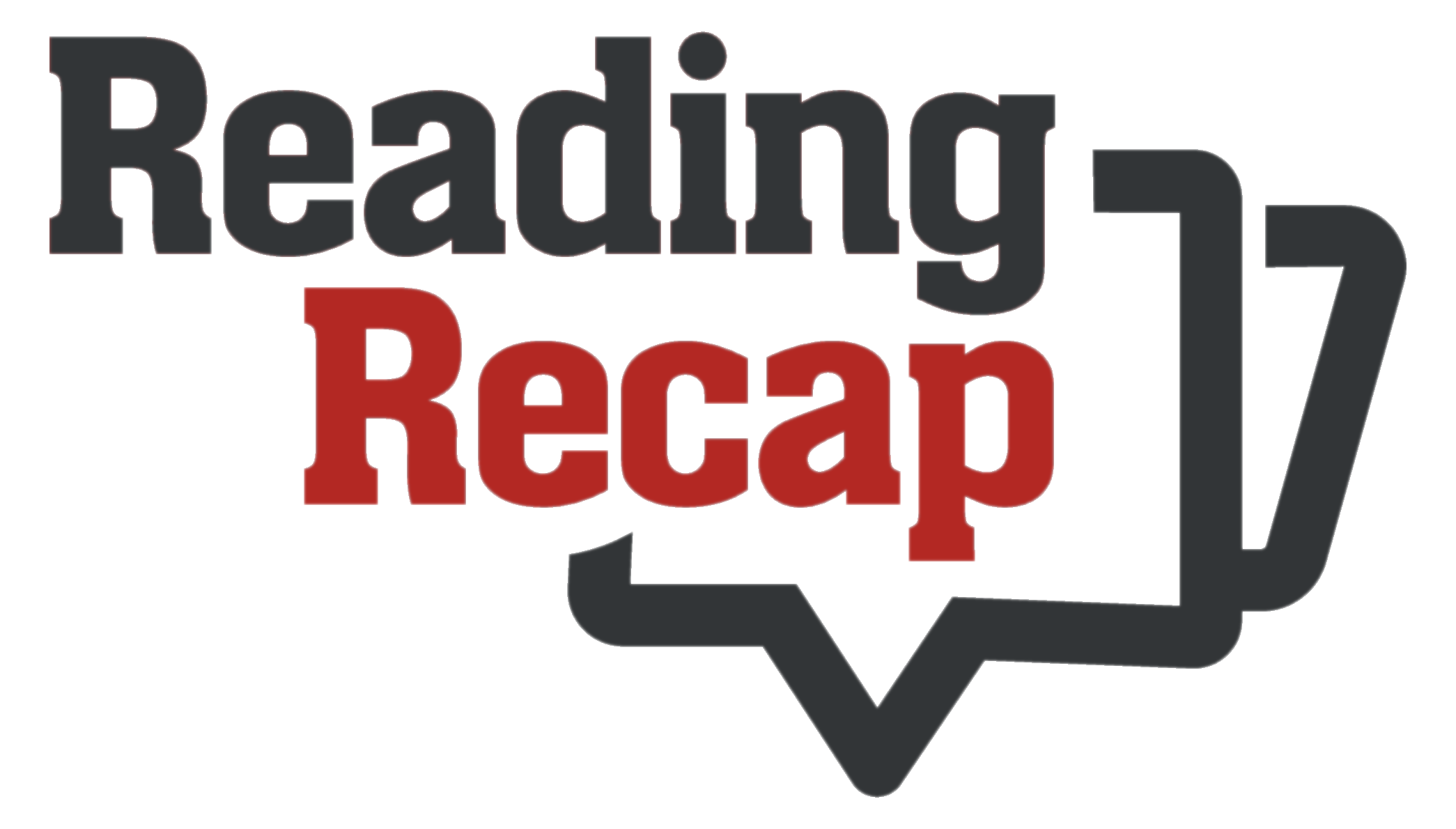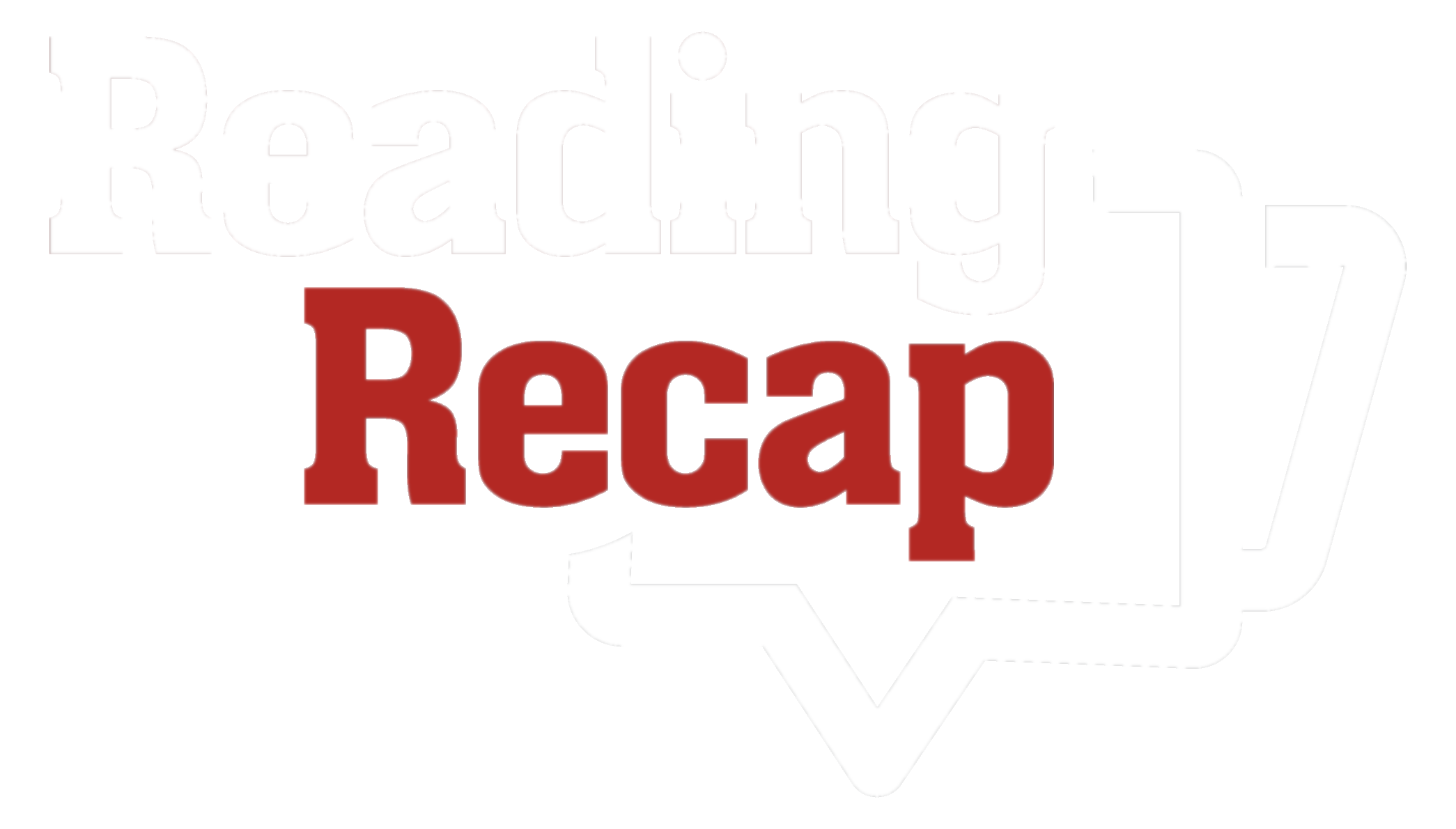Attached are the 3 instructional motions currently filed for April Town Meeting as well as 1 Amendment to Article 10 that has been filed. Instructional motions are typically held for the final night of Town Meeting whereas the Amendment will take place during Article 10’s discussion.
Instructional Motion Number: 23-01
Instruction to: Town Moderator, Town Meeting Members
By Eileen Litterio of Precinct 8
Since the origin of Town Meeting and its adoption of representative town government in 1944, for most of those 70+ years Town Meeting members sought the blessing of a Higher Power to guide their deliberations by opening its proceedings with an invocation delivered by a member of the clergy. Many Town Meeting members are presently desirous of returning to this well-established historical and prayerful practice. Therefore, Town Meeting members and the Town Moderator are instructed that all future Town Meetings shall begin with a spiritual reflection delivered by a member of the Reading Clergy Association. The Moderator shall ensure that this honor be rotated among all faith leaders represented by the Reading Clergy Association. This instructional motion will provide a consistent and manageable structure for our Town Moderator or his designee to contact the Reading Clergy Association to deliver the Town Meeting invocation at our opening sessions each year.
Instructional Motion Number: 23-02
Instruction to: Reading Select Board & CPDC
By John Sasso of Precinct 2
Instruct the Select Board to appoint an ad-hoc committee with the charter to develop an updated Reading Master Plan. The last master plan was issued in 2005 and served, among other things, to communicate community priorities.
Instructional Motion Number: 23-03
Instruction to: Reading Select Board & Bylaw Committee
By John Sasso of Precinct 2
Instruct the Select Board and By-Law Committee to draft a General By-Law and present to Town Meeting in November 2023 that requires all Town Elected Boards, Committees and Commissions to have their meetings available for viewing in real-time and accessible as a video recording on a public website.
Amendment to Article 10
By Linda Snow Dockser of Precinct 1
We amend Article 10 to include allocating a portion of the Affordable Housing Trust Fund to support tenants and the “livability” of Affordable and Subsidized Housing; including but not limited to protecting tenants from neglect and substandard conditions; helping tenants stay in their homes if hardship arises; protecting residents from increases in rents higher than ‘cost of living’ increases; and subsidizing legal help when problems with landlords arise. Likewise, this fund should be available to help landlords and residents deal with those who are detracting from the livability of the space.
The guidelines for tenant protection and the application process, as well as the maximum funding limits, shall be established by the Affordable Housing Trust Fund Board annually according to the funding available in the Trust.
So the motion will stay the same in the beginning up to “Unrestricted funds shall be used for the following purposes:
5% up to a maximum of $10,000 for administration of Affordable Housing. The amendment will be tacked on to the Remainder Category and is in red:
Remainder for constructing affordable housing (including loan and grant programs); or for maintaining and improving affordability of existing housing stock; or for the purchase of existing housing stock to add it to or maintain it as a part of the existing affordable housing inventory.
In addition, the remainder will be available to support tenants, including but not limited to protecting tenants from neglect and substandard conditions; helping tenants stay in their homes if hardship arises; protecting residents from increases in rents higher than cost of living increases; and subsidizing legal help when problems with landlords arise. Likewise, this fund should be available to help landlords and residents deal with those who are detracting from the livability of the space.
The guidelines for tenant protection and the application process, as well as the maximum funding limits, shall be established by the Affordable Housing Trust Fund Board annually according to the funding available in the Trust.










